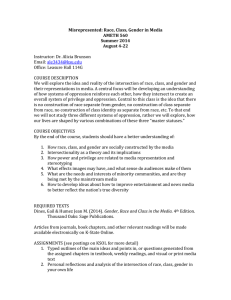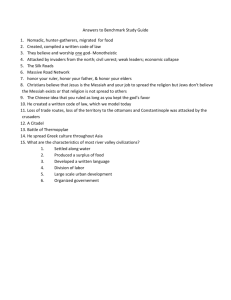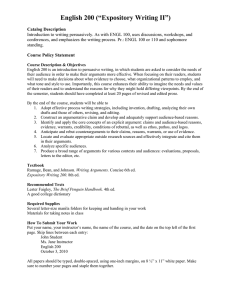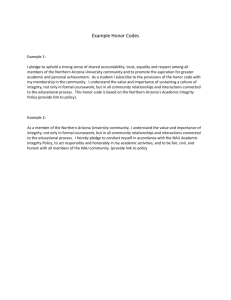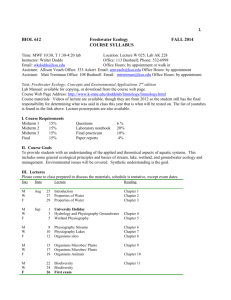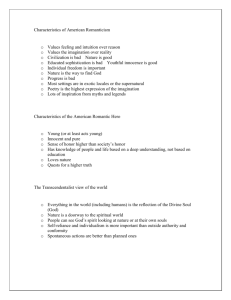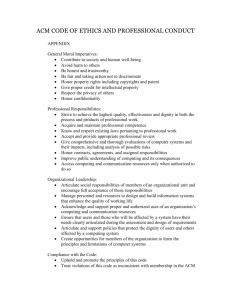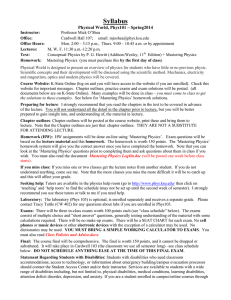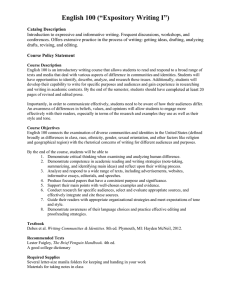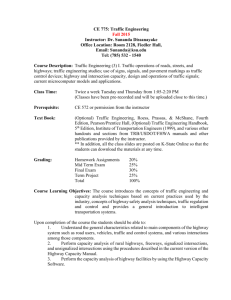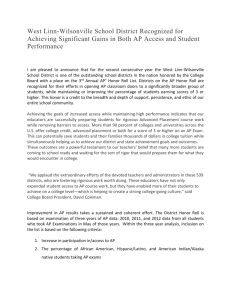Principles of Mathematical Analysis, 3rd Edition
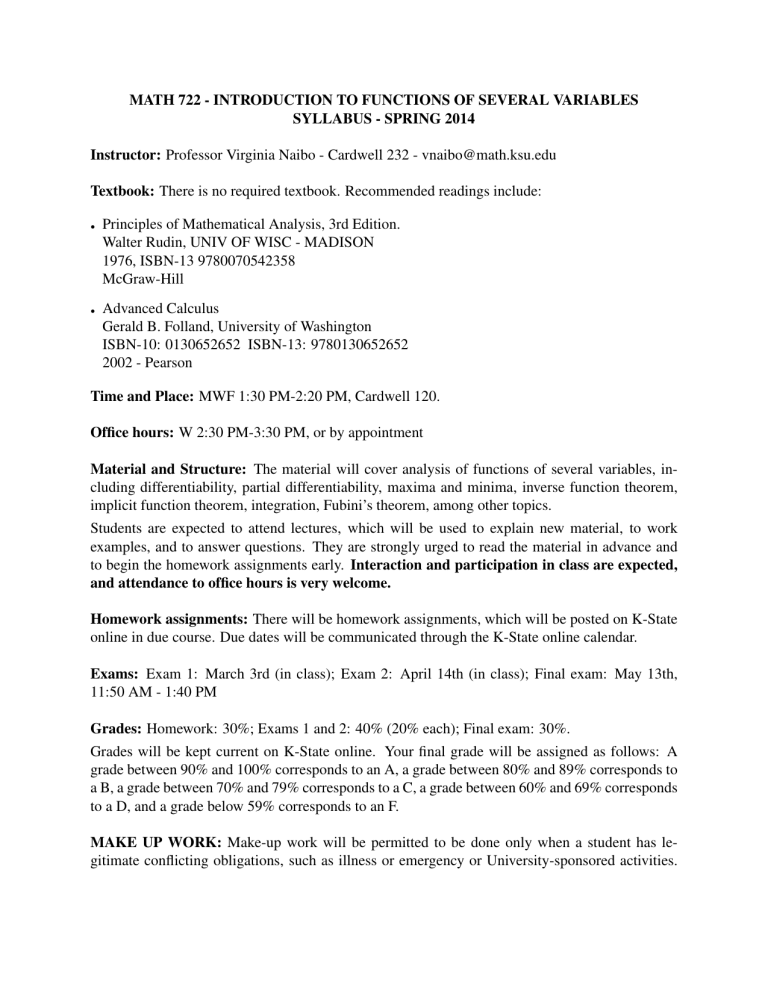
MATH 722 - INTRODUCTION TO FUNCTIONS OF SEVERAL VARIABLES
SYLLABUS - SPRING 2014
Instructor: Professor Virginia Naibo - Cardwell 232 - vnaibo@math.ksu.edu
Textbook: There is no required textbook. Recommended readings include:
•
Principles of Mathematical Analysis, 3rd Edition.
Walter Rudin, UNIV OF WISC - MADISON
1976, ISBN-13 9780070542358
McGraw-Hill
•
Advanced Calculus
Gerald B. Folland, University of Washington
ISBN-10: 0130652652 ISBN-13: 9780130652652
2002 - Pearson
Time and Place: MWF 1:30 PM-2:20 PM, Cardwell 120.
Office hours: W 2:30 PM-3:30 PM, or by appointment
Material and Structure: The material will cover analysis of functions of several variables, including differentiability, partial differentiability, maxima and minima, inverse function theorem, implicit function theorem, integration, Fubini’s theorem, among other topics.
Students are expected to attend lectures, which will be used to explain new material, to work examples, and to answer questions. They are strongly urged to read the material in advance and to begin the homework assignments early.
Interaction and participation in class are expected, and attendance to office hours is very welcome.
Homework assignments: There will be homework assignments, which will be posted on K-State online in due course. Due dates will be communicated through the K-State online calendar.
Exams: Exam 1: March 3rd (in class); Exam 2: April 14th (in class); Final exam: May 13th,
11:50 AM - 1:40 PM
Grades: Homework: 30%; Exams 1 and 2: 40% (20% each); Final exam: 30%.
Grades will be kept current on K-State online. Your final grade will be assigned as follows: A grade between 90% and 100% corresponds to an A, a grade between 80% and 89% corresponds to a B, a grade between 70% and 79% corresponds to a C, a grade between 60% and 69% corresponds to a D, and a grade below 59% corresponds to an F.
MAKE UP WORK: Make-up work will be permitted to be done only when a student has legitimate conflicting obligations, such as illness or emergency or University-sponsored activities.
These conflicts do not excuse the student from course responsibilities. The student is responsible for informing the instructor of any legitimate excuses and making arrangements for make-up work, if permitted, as soon as possible.
DISABILITIES: Any student with a disability who needs a classroom accommodation, access to technology or other academic assistance in this course should contact Disability Support Services (dss@k-state.edu) and/or the instructor. DSS serves students with a wide range of disabilities including, but not limited to, physical disabilities, sensory impairments, learning disabilities, attention deficit disorder, depression, and anxiety.
ACADEMIC HONESTY: Kansas State University has an Honor & Integrity System based on personal integrity which is presumed to be sufficient assurance in academic matters one’s work is performed honestly and without unauthorized assistance. Undergraduate and graduate students, by registration, acknowledge the jurisdiction of the Honor & Integrity System. The policies and procedures of the Honor System apply to all full and part-time students enrolled in undergraduate and graduate courses on-campus, off-campus, and via distance learning.
A component vital to the Honor & Integrity System is the inclusion of the Honor Pledge which applies to all assignments, examinations, or other course work undertaken by students. The Honor
Pledge is implied, whether or not it is stated: “On my honor, as a student, I have neither given nor received unauthorized aid on this academic work.”
The default in this class is that ALL work will be accomplished individually, UNLESS my permission is given in advance of an assignment/quiz/exam/take-home exam/final. If you are in doubt, please ask.
A grade of XF can result from a breach of academic honesty. The F indicates failure in the course; the X indicates the reason is an Honor Pledge violation.
For more information, visit the Honor & Integrity System home web page at: http://www.kstate.edu/honor/
CLASSROOM CONDUCT: All student activities in the University, including this course, are governed by the Student Judicial Conduct Code as outlined in the Student Governing Association
By Laws, Article VI, Section 3, number 2. Students who engage in behavior that disrupts the learning environment may be asked to leave the class.
CHANGES: The instructor reserves the right to modify the contents in this description if conditions arise during the semester that make such changes desirable. Such changes will be announced in class; it is your responsibility to keep abreast of such changes.
2

